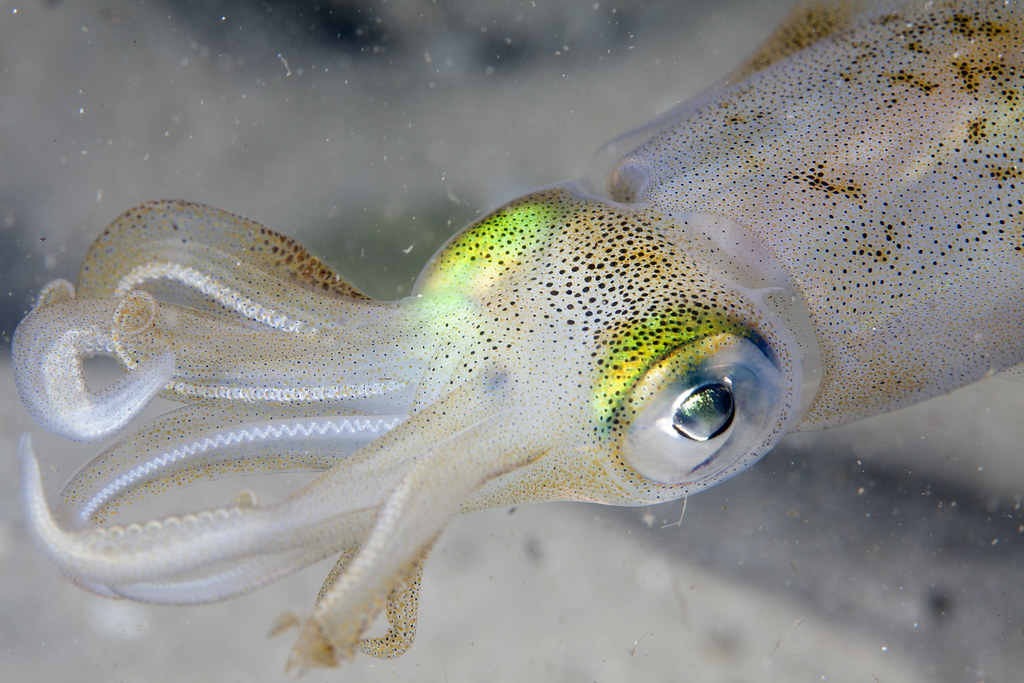Fishing through the cracks: The unregulated nature of global squid fisheries
Posted
Last Updated
By science.org.
Seafood represents one of the most widely traded food products globally (1, 2), yet the movements and activities of global industrial fishing fleets remain notoriously opaque. These fleets are characterized by limited oversight of their activities (3), a shifting landscape of national and international policy and regulation (4, 5), and highly globalized commodity chains (6), all of which contribute substantially to the challenges of transparency and traceability in the sector (7). Within these global fishing fleets, the most opaque and problematic activities are termed “illegal, unregulated, and unreported” (IUU). However, “IUU” fishing masks a huge diversity of problems with different drivers and solutions. To date, scientific literature has largely focused on the illegal aspects of IUU fishing (8–10), with some research directed toward the challenges of unreported fishing (11, 12), but fairly little work has examined the “unregulated” aspects of IUU fishing. This is further complicated by the fact that fishing labeled as unregulated also encompasses multiple meanings, and in reality, regulation manifests as layers and gradients of rules rather than a binary indicator of regulated or nonregulated activities.

